Full Article based on Laura Pinto’s thoughts HERE
“TORONTO – Could there be something more sinister behind the little elf sitting on the shelf who returns to the North Pole each night?
Yes, says Laura Pinto, a digital technology professor at the University of Ontario Institute of Technology.
She recently published a paper titled “Who’s the Boss” on the doll, saying the idea of it reporting back to Santa each night on the child’s behavior “sets up children for dangerous, uncritical acceptance of power structures,” according to insideHalton.com.
From her paper:
When children enter the play world of The Elf on the Shelf, they accept a series of practices and rules associated with the larger story. This, of course, is not unique to The Elf on the Shelf. Many children’s games, including board games and video games, require children to participate while following a prescribed set of rules. The difference, however, is that in other games, the child role-plays a character, or the child imagines herself within a play-world of the game, but the role play does not enter the child’s real world as part of the game. As well, in most games, the time of play is delineated (while the game goes on), and the play to which the rules apply typically does not overlap with the child’s real world.
“You’re teaching (kids) a bigger lesson, which is that it’s OK for other people to spy on you and you’re not entitled to privacy,” she tells the Toronto Star.
She calls the elf “an external form of non-familial surveillance,” and says it’s potentially conditioning children to accept the state acting that way, too.
“If you grow up thinking it’s cool for the elves to watch me and report back to Santa, well, then it’s cool for the NSA to watch me and report back to the government,” according to Pinto.
